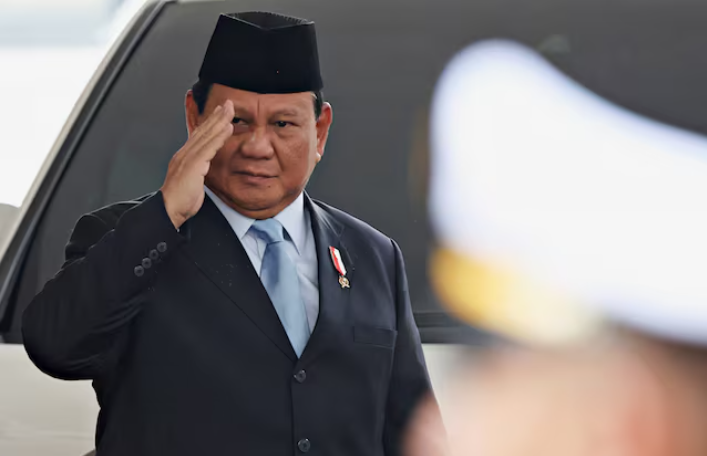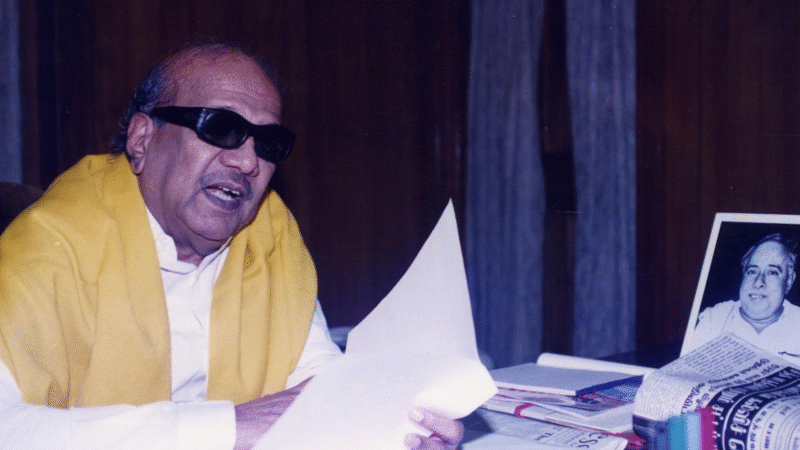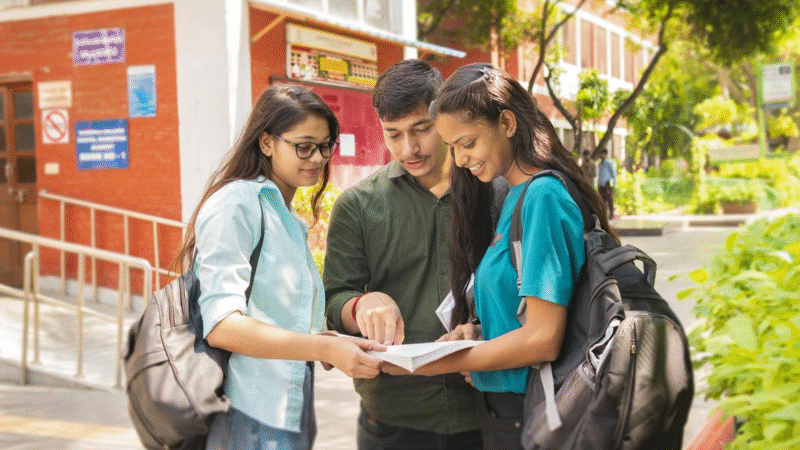Indonesia’s 2025 Budget Assumptions Finalized, Awaiting Parliament Vote

In Jakarta on September 4, a key agreement was reached between the Indonesian parliamentary committee and the government regarding the economic assumptions for the 2025 budget. This agreement is pivotal as Prabowo Subianto, the incoming president, is set to take office next month.

The budget committee chair, Said Abdullah, confirmed that most of the assumptions from outgoing President Joko Widodo’s proposal were accepted. However, adjustments were made to the rupiah exchange rate, bond yield, and oil-lifting targets.
The committee’s decision includes a slight adjustment in the rupiah forecast to 16,000 per dollar, improved from the previously proposed 16,100. Additionally, the oil-lifting target has been increased to 605,000 barrels per day, up from 600,000 bpd.
The 10-year bond yield target has also been revised down to 7% from the original 7.1%, reflecting current economic conditions. These changes aim to better align with Indonesia’s evolving economic landscape and future expectations.
The remaining major budget assumptions remain unchanged. The GDP growth target is set at 5.2%, with inflation projected at 2.5%. The forecast for the average Indonesian crude oil price stands at $82 per barrel, and natural gas lifting is expected to be 1.005 million barrels of oil equivalents per day.
Revenue projections for the 2025 budget are tentatively set at 3,005.13 trillion rupiah ($194 billion), while spending is estimated at 3,621.31 trillion rupiah. The budget deficit is projected to narrow to 2.53% of GDP, improving from the anticipated 2.7% deficit for 2024.
A full parliamentary vote on the 2025 budget is expected later this month or in October. The committee’s endorsement typically leads to parliamentary approval, making it a significant step in the budgeting process.
Overall, these final budget assumptions reflect a commitment to adapting economic strategies in response to current and future conditions, as Indonesia prepares for a new administration under Prabowo Subianto.


